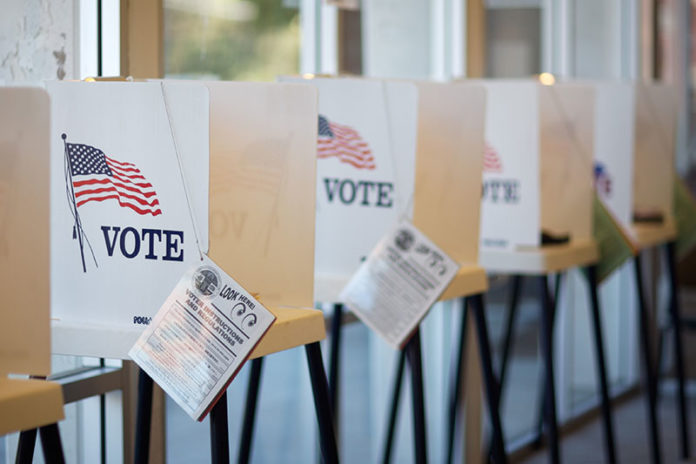Judicial Watch President Tom Fitton hailed today’s Supreme Court decision upholding efforts by Ohio, which are part of an historic settlement with Judicial Watch, to maintain accurate voting rolls. Fitton noted:
This is a clear victory for the citizens of Ohio and America who want clean and fair elections. Dirty voting rolls can mean dirty elections. Today’s Supreme Court decision should send a signal to other states to take reasonable steps to make sure that voters who died or moved away no longer remain on their voter rolls. Leftists opposed to election integrity suffered a big defeat today. Frankly, this and their other assaults on clean election measures suggest the organized left and their politician allies want to be able to steal elections if necessary. This is also a big institutional win for Judicial Watch, because it means that our current settlement agreement with Ohio is valid and enforceable.
The Supreme Court upheld an Ohio law providing that the State had to send address confirmation notices to all registered voters who had not voted in the previous two years. This ruling has the effect of also upholding a 2014 settlement agreement between Judicial Watch and Ohio, which required Ohio to use that same procedure as part of a regular Supplemental Mailing designed to identify whether registered Ohio voters had moved away – one of many steps intended to fulfill Ohio’s obligations under the National Voter Registration Act (NVRA) to maintain the integrity of its voter list.
Judicial Watch filed several amicus briefs supporting Ohio’s efforts at every level of the federal court system as the case progressed from the trial court all the way up to the Supreme Court. The case was on appeal from the United States Court of Appeals for the Sixth Circuit, which held Ohio’s process was in violation of the National Voter Registration Act of 1993 (NVRA) (Jon Husted, Ohio Secretary of State v. Philip Randolph Institute, et al. (No. 16-980)).
Judicial Watch’s amicus brief argued that the Sixth Circuit ruling would adversely affect its settlement agreement with Ohio were it allowed to stand. Judicial Watch also pointed out that failing to respond to an address confirmation notice does not mean that a registration is removed from the voter rolls. It merely triggers another waiting period, which can last up to four more years, during which the registrant still has the right to vote. In all, it can take up to six years before a registration is cancelled under the process.
Judicial Watch Attorney Robert Popper, the director of the organization’s Election Integrity Project, joined with five other former attorneys of the Civil Rights Division Attorneys of the Justice Department to file an amici curiae brief in the Husted case.
Judicial Watch previously filed a lawsuit under the NVRA against Indiana, which resulted in the state taking several actions to clean up its voter rolls. The Judicial Watch lawsuits against Ohio and Indiana were the first private lawsuits under the NVRA. Judicial Watch is currently suing Kentucky, California and Los Angeles over their failures to remove ineligible voters as required by the NVRA, and is suing the State of Maryland and Montgomery County over their failure to release voting-related records.





























